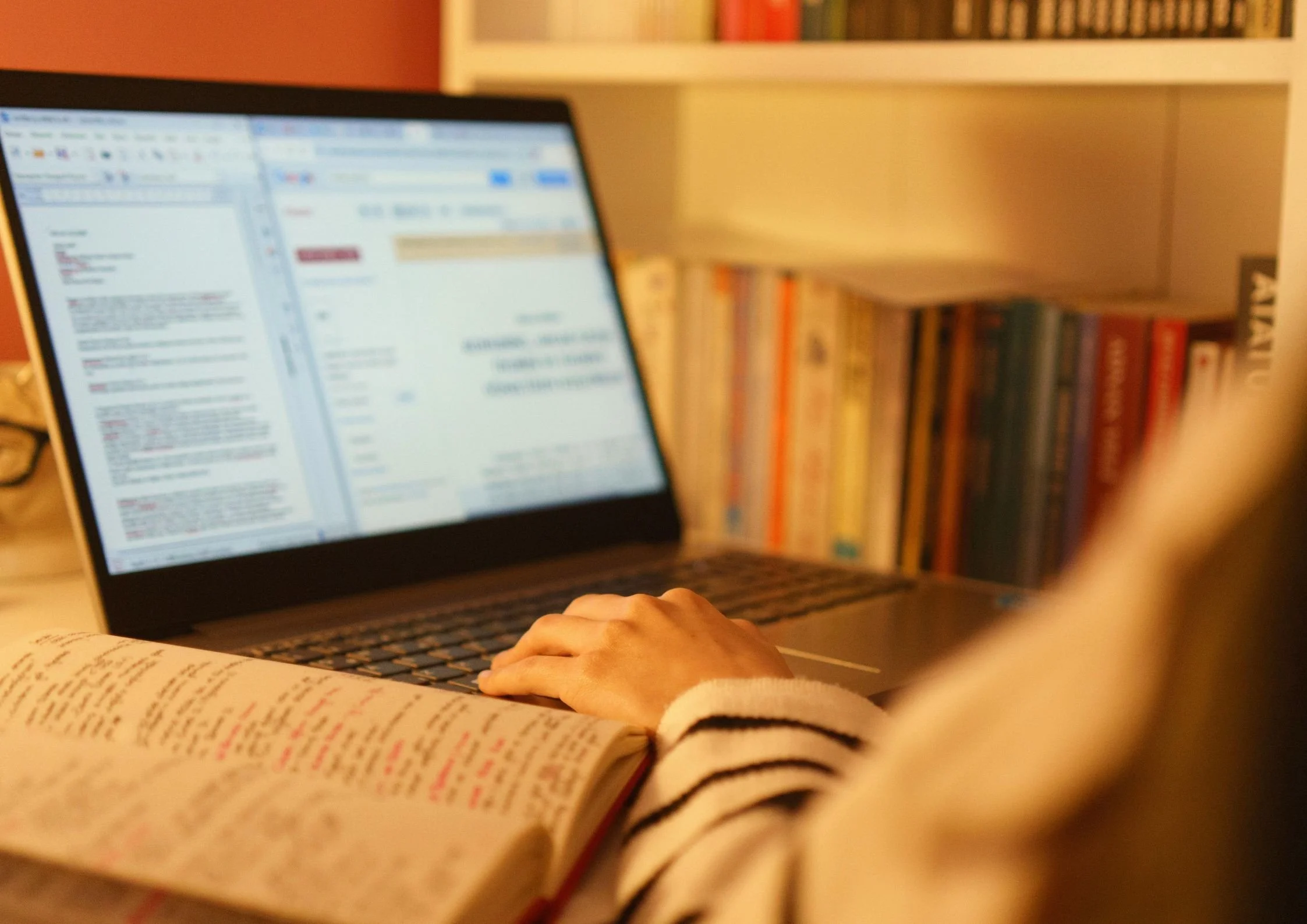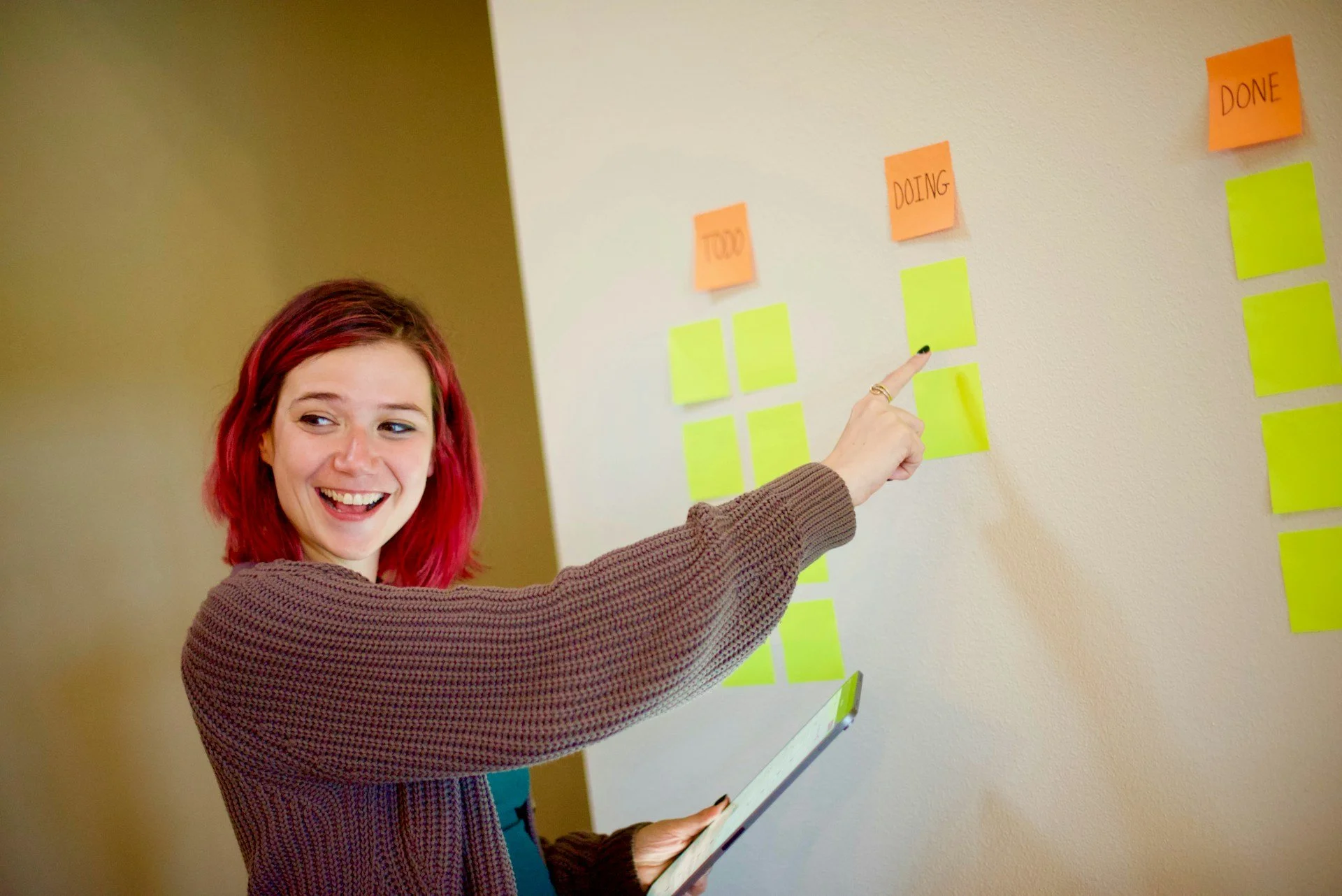Winter break ideas to refresh your mind before the new semester
The end of the semester can feel like a mental marathon. Exams, projects, and long study hours often leave students running on empty by the time winter break arrives. The short pause between semesters offers a rare opportunity to reset, recover, and prepare for what’s ahead.
For anyone balancing demanding coursework, such as those enrolled in physical therapy school or other intensive academic programs, taking time to rest the mind and restore motivation is essential. Winter break can be a period of renewal that helps create lasting focus and energy for the next term if you do it right.
Step Away From Academics To Rebalance
After months of lectures, assignments, and deadlines, many students struggle to mentally disconnect from schoolwork. However, stepping away from academic responsibilities is one of the most effective ways to restore balance. Taking a deliberate break from constant productivity allows the brain to recover from cognitive fatigue and promotes better long-term concentration.
This doesn’t mean the entire break should be spent doing nothing. Instead, it’s about redirecting energy toward activities that bring enjoyment and relaxation without the pressure of grades. Reading for personal interest, spending time outdoors, or simply organizing living spaces can all help students regain a sense of control and calm.
Research suggests that mentally engaging in non-academic tasks, such as creative hobbies or journaling, improves focus and reduces burnout. The goal is to reset mental energy in preparation for the challenges of a new semester, not to extend academic exhaustion into the holidays.
Reconnect With Routine and Rest
During finals season, sleep schedules and eating habits often fall apart. Many students push through fatigue with caffeine, late-night study sessions, and irregular meals. Winter break provides the time to restore a healthier rhythm. Reestablishing consistent sleep patterns can significantly improve mood, focus, and overall well-being before returning to the classroom.
Experts recommend aiming for seven to nine hours of quality sleep per night, ideally on a regular schedule. Going to bed and waking up at the same time each day helps regulate the body’s natural circadian rhythm. In addition, nourishing meals and hydration play key roles in maintaining mental clarity. Prioritizing rest is an active investment in better cognitive performance. A rested mind processes information more efficiently, leading to improved recall and sharper focus when classes resume.
Students can also use this time to experiment with routines that support balance, such as setting aside quiet moments for reflection, limiting screen exposure before bed, or establishing morning rituals that set a positive tone for the day. When the semester begins again, these habits can serve as a foundation for a more sustainable approach to academic life.
Move Your Body, Refresh Your Mind
Physical activity plays a vital role in mental recovery. Movement stimulates the release of endorphins, reduces stress hormones, and enhances overall mood. Winter break is a perfect opportunity to reintroduce physical activity without the time constraints of a busy school schedule. Exercise doesn’t need to be intense to be effective. The key is finding enjoyable forms of movement that support both body and mind.
Simple activities such as brisk walking, yoga, stretching routines, or light strength training can make a noticeable difference. For those who prefer structure, group fitness classes or online guided workouts can provide motivation and accountability.
Consistency matters more than intensity. Even brief, daily sessions can restore focus and improve sleep quality. By developing a positive relationship with movement during the break, students can carry that momentum into the semester, using exercise as a natural method of managing stress and improving productivity.
Spend Time With People Who Recharge You
After months of academic commitments, it’s easy to lose touch with friends and family. Winter break provides a chance to reconnect with supportive relationships that bring joy and perspective. Social connection has a measurable impact on emotional well-being, helping to lower stress and increase resilience.
Spending time with loved ones in meaningful ways (such as shared meals, conversations, or simple activities) creates balance and reminds students of the value of community. This kind of connection can help prevent burnout by reinforcing the importance of life outside of academics.
At the same time, spending time away from screens and social media can help restore focus. Instead of scrolling through updates, students can use the time to build real-world connections that provide emotional grounding and clarity. Returning to school with a stronger support system can make the transition into the new semester smoother and more enjoyable.
Start Fresh, Stay Balanced
Winter break is the perfect opportunity to rest, reflect, and realign priorities. By disconnecting from constant academic pressure, restoring healthy routines, engaging in physical movement, and reconnecting with supportive people, students can transform their time off into a meaningful reset.





















